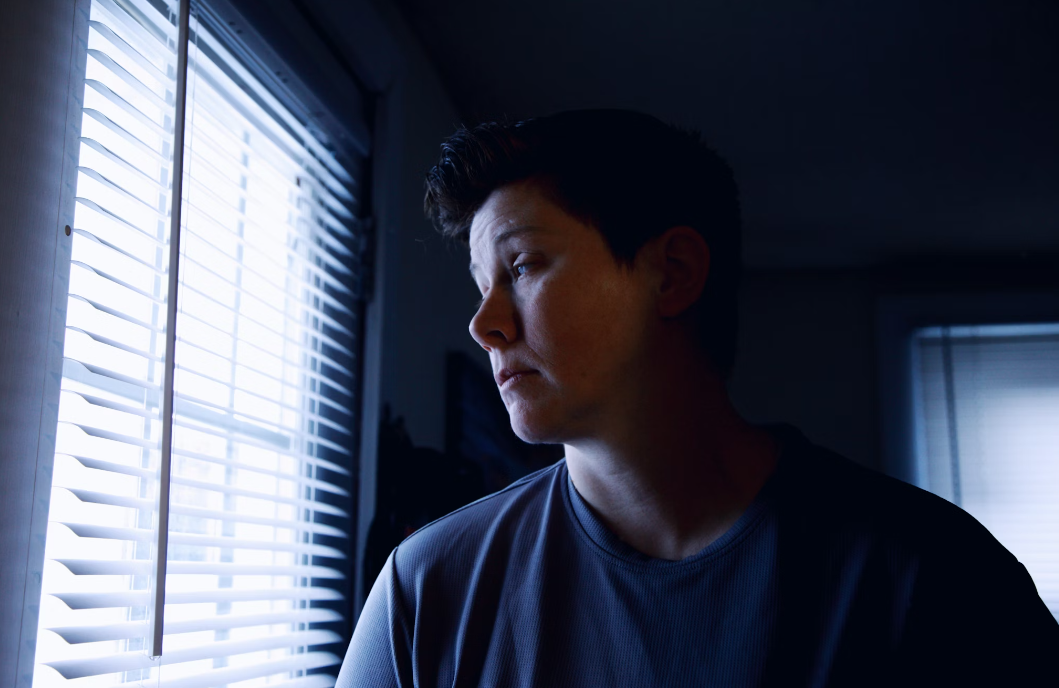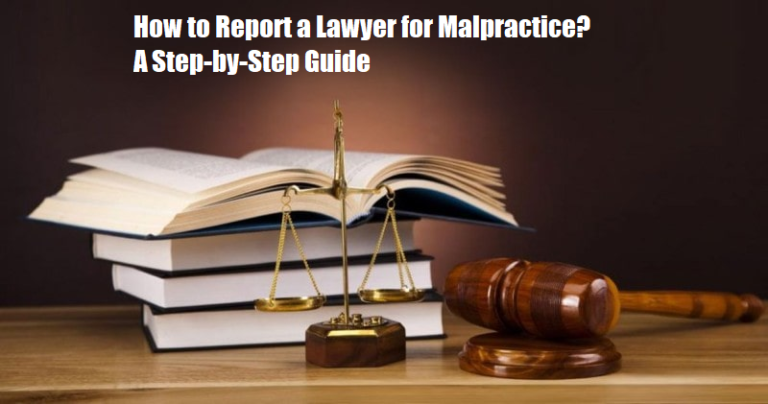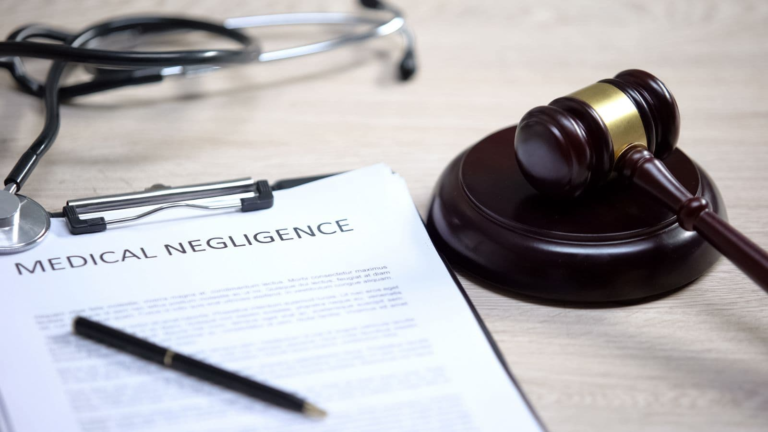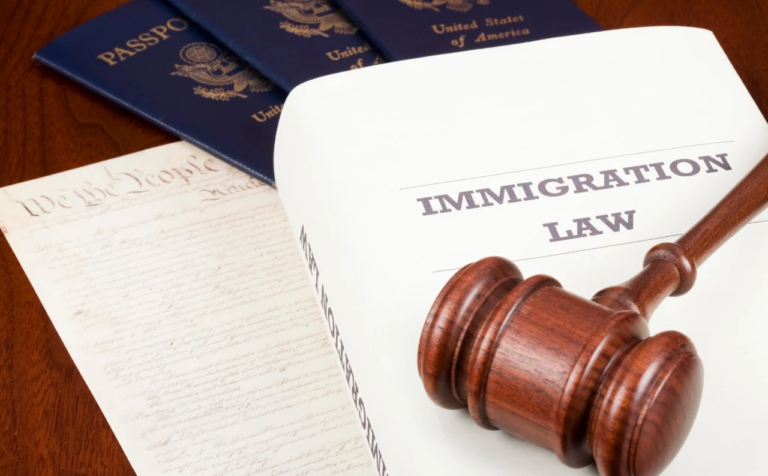
The loss of a loved one is always a heart-wrenching experience, but when that loss occurs due to wrongful death, the emotional pain and suffering can be even worse.
Wrongful death, often resulting from negligence, recklessness, or intentional harm, can leave surviving family members dealing with a mix of grief, anger, and confusion. Dealing with these emotions requires time, support, and various coping strategies.
This blog explores how to deal with the emotional turmoil after a wrongful death and offers practical tips for healing and finding peace.
1. Acknowledge Your Grief and Allow Yourself to Feel
The first step in dealing with emotional pain and suffering after a wrongful death is to acknowledge your grief and allow yourself to feel it. Grieving is a natural and necessary process that helps you come to terms with the loss. It’s important to recognize that there is no “right” way to grieve and that everyone experiences and expresses grief differently.
Allow yourself to experience a full range of emotions, from sadness and despair to anger and confusion. Bottling up or suppressing these feelings can lead to prolonged emotional distress. By acknowledging your emotions, you give yourself permission to heal and process the loss.
2. Seek Support from Family and Friends
After a wrongful death, leaning on your support system of family and friends can be invaluable. Sharing your feelings with loved ones can provide comfort and help you feel less isolated. Your support network can offer emotional support, practical assistance, and a listening ear.
Don’t hesitate to reach out to those who care about you. Whether it’s a heartfelt conversation, a shoulder to cry on, or simply spending time together, connecting with others can be a crucial part of the healing process. Remember, you don’t have to go through this difficult time alone.
3. Consider Professional Counseling or Therapy
Grief, especially after a wrongful death, can be overwhelming and complex. Professional counseling or therapy can provide a safe space to explore your emotions and work through your grief. Therapists and counselors who specialize in grief and loss can offer coping strategies, emotional support, and guidance as you navigate this challenging period.
Therapy can also help you address specific issues related to wrongful death, such as feelings of anger, guilt, or injustice. It provides a structured environment to process your emotions and develop healthy ways to cope with the loss.
4. Consider Legal Action If Appropriate
Considering legal action for damages in wrongful death may be an important step for some families. Seeking justice through legal channels can provide a sense of closure and help address feelings of injustice or anger. Working with a wrongful death attorney can guide you through the process and help you understand your rights.
While legal action cannot bring back your loved one, it can provide financial compensation that may alleviate some practical concerns. Additionally, holding responsible parties accountable can contribute to a sense of justice and potentially prevent similar incidents in the future.
5. Join a Support Group
Joining a support group for individuals who have experienced a similar loss can be immensely helpful. Support groups offer a sense of community and understanding, as they consist of people who have gone through similar experiences. Sharing your story and hearing others’ stories can provide comfort and insight into your own grief journey.
Support groups can also offer practical advice and coping strategies from those who have been through similar situations. Knowing that others have navigated similar challenges can provide hope and encouragement as you work through your grief.
6. Take Care of Your Physical Health
The emotional pain of wrongful death can take a toll on your physical health. It’s important to prioritize self-care and maintain healthy habits during this difficult time. This includes eating nutritious meals, getting regular exercise, and ensuring adequate sleep.
Physical activity, even in small amounts, can help reduce stress and improve your mood. Simple practices like walking, yoga, or gentle stretching can make a difference. Additionally, paying attention to your physical well-being can give you the strength and resilience needed to cope with emotional challenges.
7. Find Healthy Ways to Express Your Emotions
Finding healthy outlets for your emotions is crucial in the aftermath of a wrongful death. Creative expression, such as writing, painting, or music, can be therapeutic and provide a way to process complex feelings. Keeping a journal can help you articulate your thoughts and emotions, offering a sense of relief and clarity.
Other methods of expression, such as talking to a trusted friend, participating in a support group, or engaging in spiritual or religious practices, can also provide comfort and help you process your grief. The key is to find outlets that resonate with you and offer a constructive way to deal with your emotions.
8. Allow Yourself to Remember and Honor Your Loved One
Honoring the memory of your loved one can be a meaningful way to cope with grief and find a sense of peace. Consider creating a memorial, participating in rituals, or engaging in activities that remind you of your loved one. These acts can help keep their memory alive and provide a sense of continuity and connection.
Whether it’s celebrating anniversaries, sharing stories, or creating a scrapbook, these acts of remembrance can be comforting and healing. They provide an opportunity to reflect on the positive aspects of your loved one’s life and the impact they had on you and others.
9. Set Realistic Expectations for Your Grief Journey
Grieving the loss of a loved one, especially after a wrongful death, is a unique and individual process. It’s important to set realistic expectations for your grief journey and understand that healing takes time. There is no set timeline for grief, and it’s normal for emotions to ebb and flow.
Allow yourself the time and space to grieve at your own pace. Avoid placing pressure on yourself to “move on” or “get over” the loss by a certain time. Grief can be a long and winding journey, and it’s okay to take the time you need to heal.






